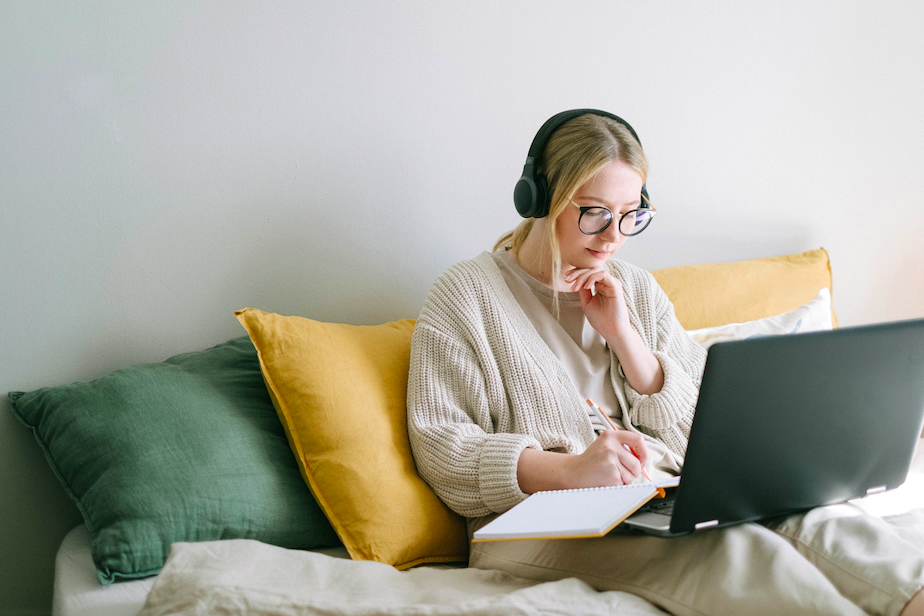As many remote workers grapple with separating their professional and personal lives, a new trend in soundscapes of busy offices has emerged, helping those in temporary home office set-ups to feel more at work whilst operating their job from home.
The global pandemic has sent countries across the world into lockdown, stopping businesses operating from the office, and encouraging people, where possible, to work from home. Although now COVID-19 lockdown restrictions have started to ease, many workers are still operating either entirely, or at least partly, on a remote basis.
Whilst people have decided to stay working from home for various different reasons – be it concerns around exposure to the virus, to save on time and money spent commuting, or for lack of childcare during the summer holidays – one thing many remote working employees have in common is missing the office environment.
In response to this, a handful of websites and apps have started to offer soundscapes of the generic background noises found throughout an office. These streams of the everyday workspace sounds include anything from phones ringing, coffee machines running to keyboards typing.
Tobias Norman, founder for one of these sites “soundsofcollegues.com” reported to The Sunday Times that it’s had a million visitors from across the globe. Norman claimed: “Humans tend to feel more comfortable in a group and people can get stressed when suddenly they are put in a more isolated situation.”
King’s College London Mental health professor Neil Greenberg added: “With silence, it’s easy to be distracted by small interruptions.”
“You’re better off being in a busy environment where you get used to the noise and then concentrate on what’s in front of you,”
When Will Brits Return to Offices?
Whilst at present, working from home has become the new norm for most office-based professionals across the UK, PM Boris Johnson has recently eased the country’s stance on remote working where possible, claiming that “Instead of government telling people to work from home, we are going to give employers more discretion, and ask them to make decisions about how their staff can work safely.”
Although this new easing of restrictions will enable some companies to bring their staff back to the office, the prime minister further stated that this “discretion” could also mean “continuing to work from home, which is one way of working safely and which has worked for many employers and employees”.
